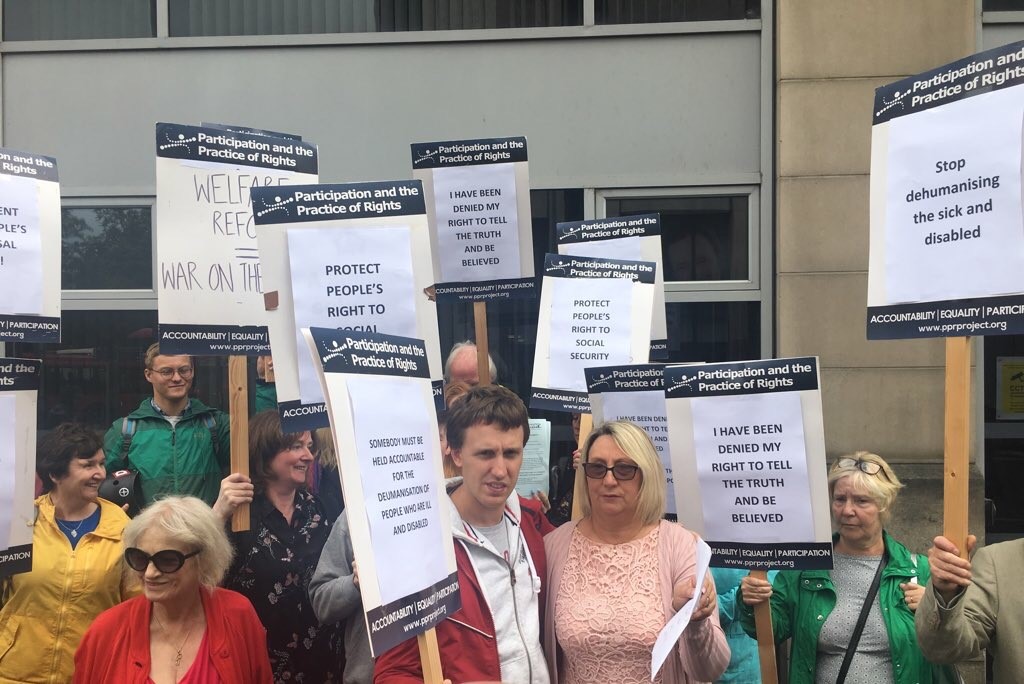How Could Anyone Think our Social Security System is OK? - Erin’s Story
How one woman’s bad experience of the Personal Independence Assessment process led to her successfully challenging the Department for Communities’ decision making process.
I’ve been going through Personal Independence (PIP) reassessment since October 2020. Notice of a telephone assessment appointment came in the post in February with my old contact telephone number on it. I contacted PIP via the contact email provided, to update my number for the telephone assessment and to request permission to record my assessment.
I sought out the email address because telephone calls are particularly difficult for me because of my disabilities. I suffer from several mental health conditions with stress severely impacting my physical health, making day-to-day living difficult and painful.
The PIP people wouldn’t accept my correct telephone number via email – they advised it must be done via telephone call. It took me several days to make that phone call due to increased anxiety and stress. They did, however, advise me by email that I could not record my telephone assessment which was very upsetting.
Three years ago, when I initially applied for PIP, there had been a problem which meant I had to undergo two face-to-face assessments in the space of a month, making me very upset, stressed and ill.
I was so distressed and panicked knowing I had to go through another assessment without it being recorded. I realised these decisions should be challenged but I also knew I needed help and support to do so.
I duly sent off an email to PPR, who provided me with the support, reassurance and tools to navigate the complaints process. PPR gave me a human rights monitoring pack, which is an easy to understand guide to advocate for your own human rights within the benefits system, and introduced me to the idea of being a human rights monitor.
I also linked in with the Right to Work; Right to Welfare campaign and learned about the People’s Proposal – a simple checklist for social security decision makers, which if implemented, would safeguard people’s rights.
I was thrilled when I learned about the work they do and how the implementation of a human rights checklist by decision makers would be so beneficial for people like me when it came to any and all decisions made within the benefits system, whether it be regarding sanctions, reducing your income or waiting time for an appeal.
I was recently part of a delegation that met with Department for Communities officials responsible for decision making, to explore how this human rights checklist could be put in place.
It was surprising to hear that they believed the system as it stands protects people’s rights, but my experience only reinforces more why we need checks and balances. If the decision makers can’t see the problems that exist within the benefits system, people don’t stand a chance.
Yesterday, I received a response to my second stage formal complaint. I have been granted permission to communicate with PIP via email, not counting the assessment itself.
They also advised that, since 31 March 2021, they will consider requests for adjustments in how people communicate with them, including requests for assessments to be recorded.
I was over the moon because I have nothing to hide and want it all on the record. But I was also deeply saddened that I had to go through the last few months of complaining and worrying instead of these things being granted automatically.
The system is so broken and failing people on a daily basis. We need groups like Right to Work; Right to Welfare to support people to hold the system to account.
And the human rights checklist must be implemented without delay so that decision makers are automatically checking that our rights are being upheld instead of the vulnerable needing to continually challenge them adding more worry to already stressful lives